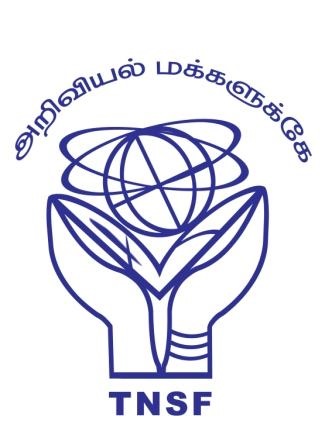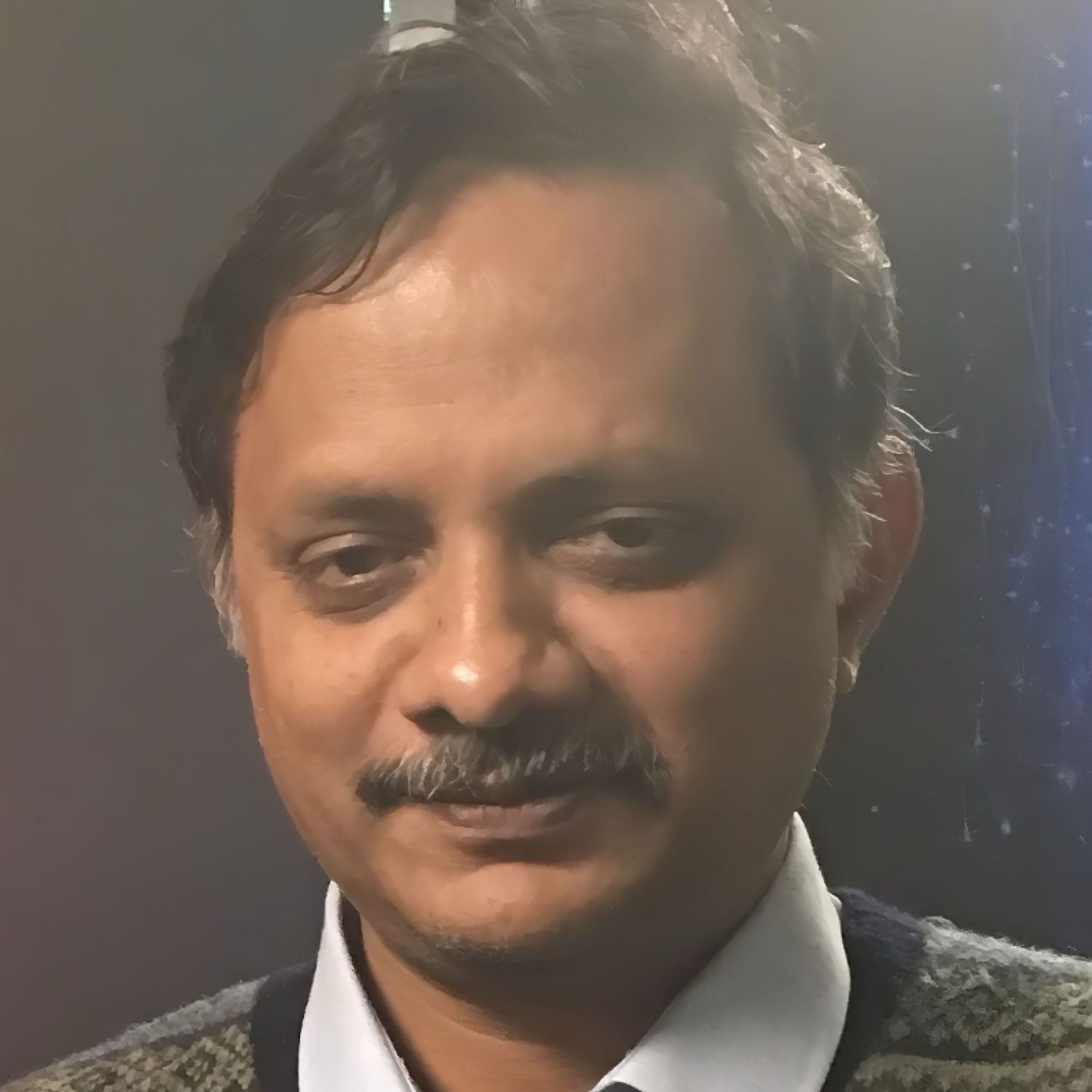About Program

This is part of its efforts to popularize science to the general public and students who are pursuing science as their career. TNSF attempt to focus on students on higher science as everyone knows that learning of science at college within the curriculum is not enough to acquire holistic knowledge of science at the appropriate time. Hence, to fill the gap between what students are acquiring through the curriculum and what it is required, TNSF is planning its activities on higher science to students who are pursuing higher education.

About the Lecture The descriptive traditions of biology and the current spirit of big data seem to go hand in hand to project a picture of the brain as an impossibly complex object. In this talk, the speaker argues that the brain indeed appears complex when seen from a data-centric view. However, when examined from a principle-centric view, it becomes more intelligible, transparent, manageable. A principle-centric view also provides a better insight into the nature of brain disease and paves the way to creation of robust and effective neurotherapeutics. As a demonstration of how it is possible to develop simple brain theories/models that can explain diverse functions of brain systems, the speaker outlines his lab’s (CNS Lab) efforts to build models of a variety of brain systems. He describes their work on modeling the basal ganglia to understand Parkinson’s disease, modeling the hippocampus to understand spatial navigation, modeling the sensorimotor cortical pathways to understand stroke, modeling neural oscillations to develop large-scale models of brain dynamics, modeling neurovascular coupling to understand the potential informational functions of the vascular system, modeling the visual pathways to tackle problems in deep vision etc. Taking the above work to its logical consummation, the speaker outlines his lab’s plans to build a reduced model of the whole brain called the MESOBRAIN. The MESOBRAIN, once realized in software and hardware, is expected to have immense applications in medicine and engineering.
